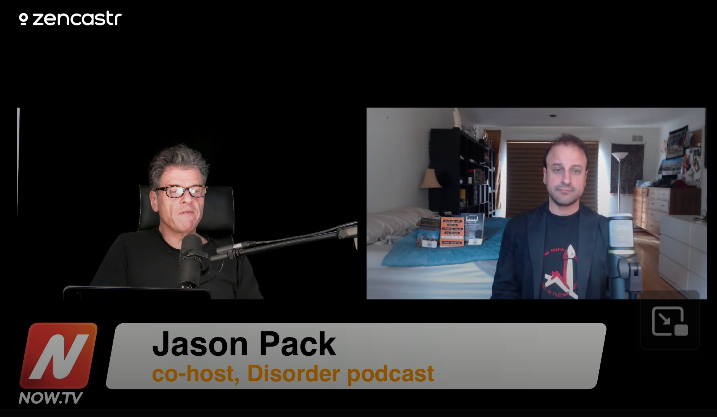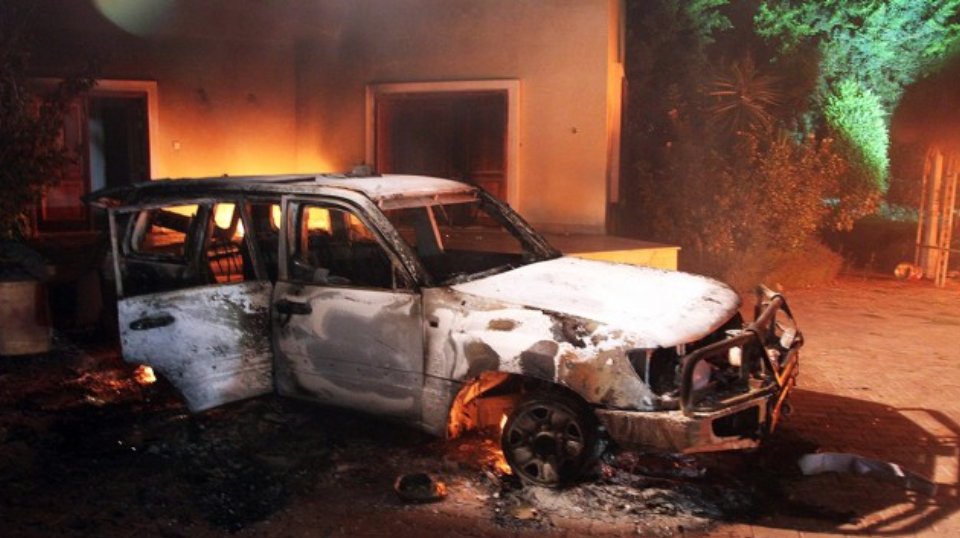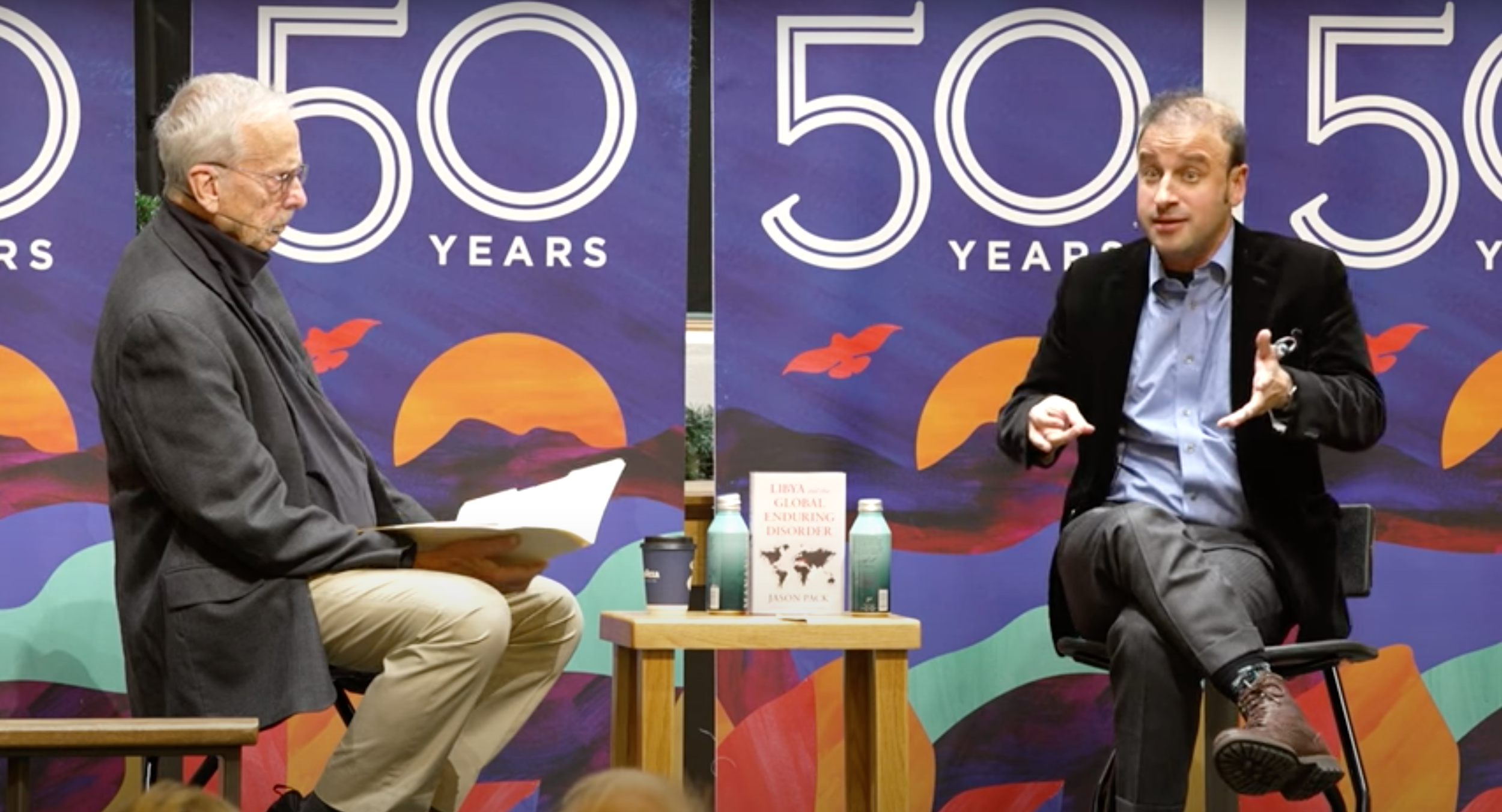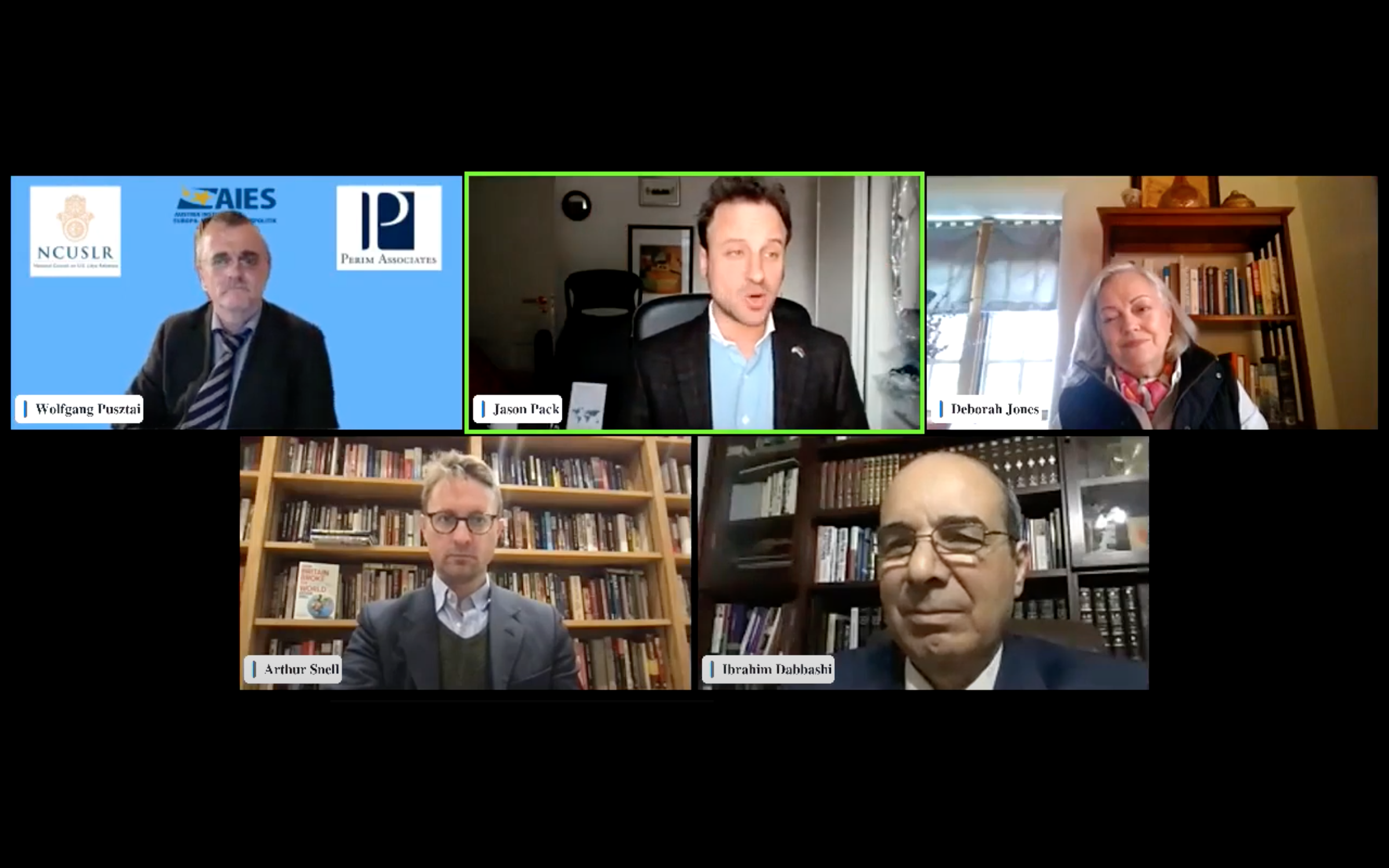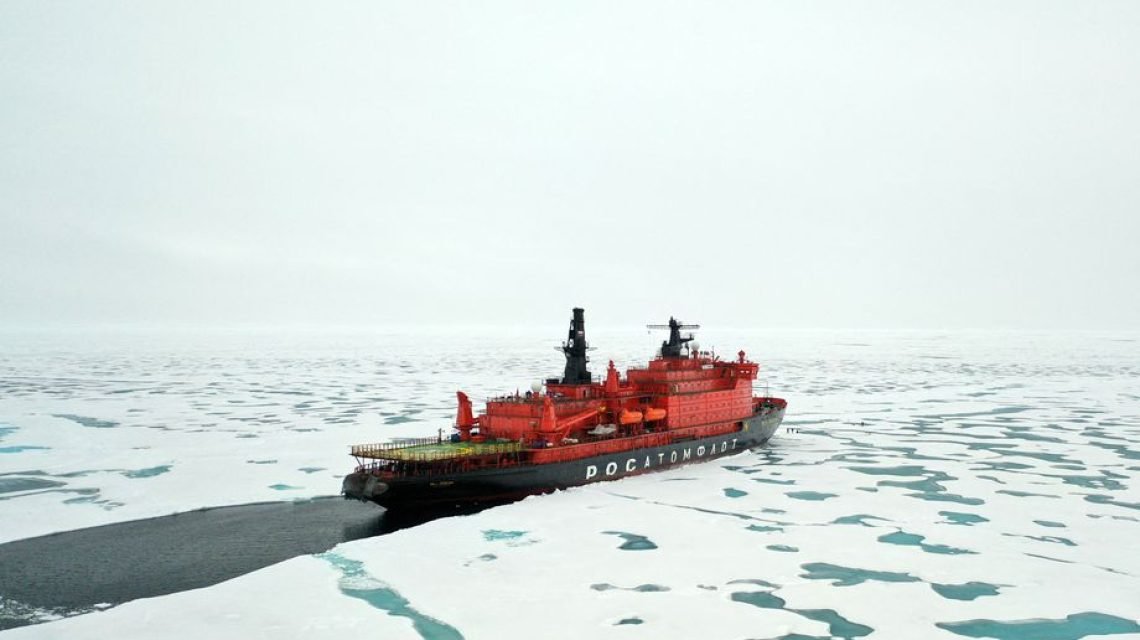
Jason Pack
Founder, Director
Jason Pack is the Senior Analyst for Emerging Challenges at the NATO Defence College Foundation in Rome. In partnership with this organisation, Jason founded and directs the NATO and the Global Enduring Disorder programme, which produces a range of content (including a podcast and series of publications) sketching out a ‘unified field theory’ of our current era of geopolitics while proposing actionable solutions to our most pressing collective action challenges.
Jason Pack is the Founder of Libya-Analysis LLC and the non-profit Eye on ISIS, which creates the Libya Security Monitor. His most recent book, Libya and the Global Enduring Disorder (Hurst/Oxford University Press) explores what Libya’s dysfunctional economic structures, its ongoing civil war, and the lack of a coordinated international response to chaos in the country reveal about broader patterns in 21st century geopolitics.
His analysis and opinion articles have appeared in The New York Times, The Wall Street Journal, The Spectator, Newsweek, The Financial Times, The Guardian, Foreign Policy, and Foreign Affairs. He holds an M.St. in Global and Imperial History at St. Antony’s College, Oxford in 2011. He is a recipient of the UK Global Talent Visa and has been endorsed by the British Academy as a 'global leader in his field'.
You can find Jason’s website here, his Twitter here, and his CV here.
Latest Analysis:
When the truths of our politics are stranger than even the most fanciful fiction, is there any merit in reading political fiction? Furthermore, can serious students, scholars, and civil servants derive real educative or entertainment value from fictionized accounts of today’s politics? A Spy Alone answers these questions in the affirmative, written by Charles Beaumont. Jason Pack reviews the book in The Cipher Brief
The Israeli prime minister’s failed, immoral policies are a deadly own goal and they are pure neopopulism, Jason Pack discusses the topic in The New European
On Battleground Podcast, Jason Pack shares his thoughts on how a start could be made by handing over Gaza to joint administration by a coalition of Arab states.
In this KEEN ON show, Andrew Keen talks to Jason Pack about Qatar, Iran, Biden, Hamas, Israel and the road to order in the disordered Middle East.
Bringing together Qatar, Egypt, Saudi Arabia, and the United Arab Emirates to administer postwar Gaza could weaken Iranian and Russian regional influence. Jason Pack discusses the matter in Foreign Policy
American and British diplomats should be working on creating a pan-Arab coalition to administer postwar Gaza — and Qatar’s role would be particularly important. Jason Pack writes in the Boston Globe.
Is peace there for the taking? Find out how disorder in Israel and the international system contributed to the ongoing crisis, ‘AlAqsa Storm’ and the suffering in Gaza to come, with Jason Pack and Andrew Keen.
Storm Daniel passed through the Mediterranean in early September, one of a bewildering number of extreme weather events in recent months. When it hit Libya on 10 September, torrential rainfall led to catastrophic floods in the Town of Derna. At the time of recording as many as 20,000 people are missing, feared dead. It was an example of the terrifying new reality of the climate crisis where entire cities can be wiped out by wildfires or floods, literally in a matter of hours… Arthur Snell and Jason Pack discuss, on Behind the Lines.
It isn’t that no one cares about justice and human life, but that we have failed to confront the enemies of an ordered world. As Libya reels from deadly floods, Jason Pack explains how this tragedy and seemingly disparate disasters like it fit into the pattern of Global Enduring Disorder, in the Telegraph.
The Russian autocrat joins a long line of rulers to find their personal armies turning on them. Jason Pack looks to the past and foretells the future as the dust settles from mercenary rebellion in Russia, in the Telegraph.
Russia is facing a spiralling sexual health crisis charged by the Kremlin's abandonment of marginalized groups, and this crisis is particularly acute in Russian prisons. As the Russian Army adopts Wagner Group's practice of prisoner recruits, is the crisis set to translate into military weakness on the frontlines? Jason Pack and Guy Fiennes explore.
Neopopulism has led to democratic backsliding and a culture of paranoia in President Kais Saied’s Tunisia. On the scene for the Tunis Book Fair, Jason Pack surveys the Tunisian state of affairs for The Telegraph.
As the situation in Sudan escalates, it is clear that the root problem of contemporary Western foreign policy isn’t meddling too much; it’s meddling too little. Jason Pack explains in The Telegraph.
Jason Pack and Stefano Marcuzzi explore how the Global Enduring Disorder plays out in Libya’s banking sector and contributes to continuing instability for MEI.
Jason Pack discusses the Global Enduring Disorder thesis, the field of International Relations, and the importance of unpacking Disorder with E-International Relations.
The notion that American policies throughout the Middle East failed as a result of the US's engagement with Islamist actors' is incorrect. Jason Pack for TLS.
Jason Pack and George Lewis (ret. NBC) discussed how the West’s response to the Ukraine crisis highlights our era of Global Enduring Disorder at The Vail Symposium.
The NCUSLR’s webinar marked the first anniversary of Jason Pack's Libya and the Global Enduring Disorder, featuring Arthur Snell and a panel of experts discussing the geopolitical situation in Libya as it pertains to disorder.
In Doomsday Watch, Arthur Snell talks to Brian Klaas and Jason Pack, exploring the state and future of the already teetering global order amidst Russia’s war in Ukraine.
When Sweden finally does join NATO – which is likely to happen later this year, it will mean the end of over 200 years of supposed ‘neutrality’. But was Sweden ever really neutral? Jason Pack and Karl Karim Zakhour explore for the NDCF.
Writing for National Interest, Jason Pack and Darren Spinck argue that AUKUS may be the most consequential step toward reasserting meaningful Anglosphere collaboration that could serve as a model for how to address common problems and hostile states.
Jason Pack sits on a panel for Al Jazeera’s Inside Story discussing how global disorder and international meddling has contributed Libya's recent violent political conflicts.
Jason Pack & Karl Karim Zakhour write for The National Interest on how NATO membership signifies expedience at the expense of a self-aggrandising national myth that has become increasingly difficult to sustain.
Jason Pack writes for the NATO Defense College Foundation on the crucial areas — such as climate change and preservation of the Arctic — where our global interests will be worse off if we don’t work with Russia.
Jason Pack writes for The Financial Times that the lack of strong collective action approaches towards the climate crisis is a crucial component in our era of disorder, and that the West must work with Russia to save the Arctic.
John Lyman interviews Jason Pack for International Policy Digest on how disorder is seen in conflict zones like Libya and Ukraine, neo-populist leaderships, and coercive actions by Russia, China, and the UAE.
Putin’s undeserved reputation as a master strategist means some analysts have employed the metaphor of chess to his invasion of Ukraine, but is the Russian President actually playing poker with the West? Jason Pack talks to Arthur Snell about the high stakes game between NATO and Russia on Doomsday Watch.
Jason Pack and Kenneth Dekleva’s write for The Cipher Brief on if Negotiating with Putin even possible at this point and how negotiation psychology is critical in understanding Putin’s desires.
Jason Pack writes for Foreign Policy that Putin’s disordering leadership style cannot be understood through the metaphors of chess or martial arts, but by viewing the current confrontation between the West and Russia as a game of televised poker.








